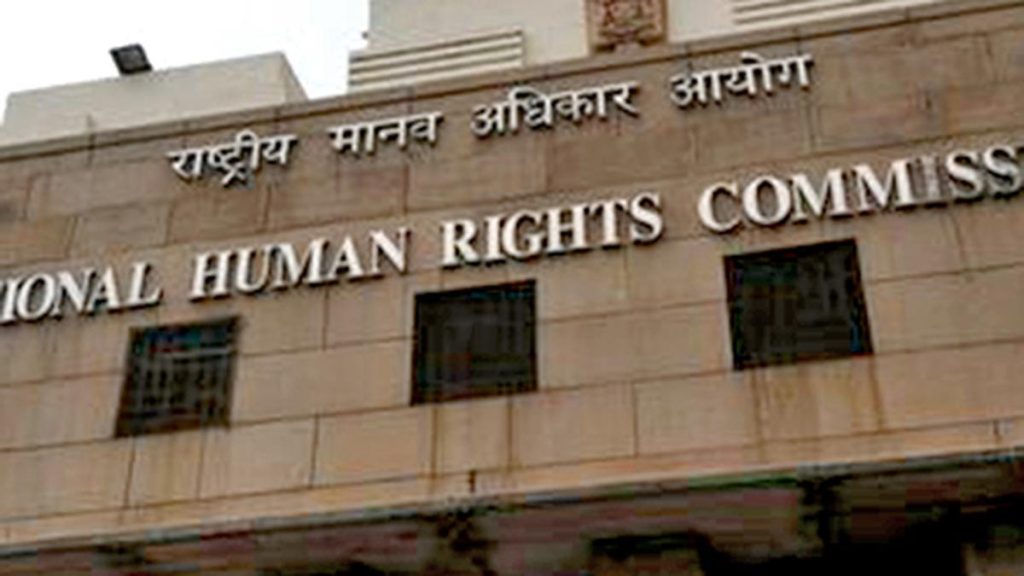Now Reading: Yatnal Urges Internal Reforms in Karnataka BJP
-
01
Yatnal Urges Internal Reforms in Karnataka BJP
Yatnal Urges Internal Reforms in Karnataka BJP

Swift Summary
- expelled BJP leader Basanagouda Patil Yatnal criticized the BJP in Karnataka, calling for “repair” within the party.
- Mr. Yatnal accused senior BJP leader B.S. Yediyurappa of engaging in “family politics and corruption,” citing his son B.Y. Vijayendra’s appointment as State unit president, despite alleged corruption charges.
- He claimed Prime Minister Narendra Modi opposes dynastic politics and corruption but stated such practices persisted locally within the Karnataka BJP leadership.
- Mr. Yatnal indicated he might form a new party if internal reforms are not initiated, aiming to lead it into government by 2028.
- He ruled out meeting the BJP high Command after his expulsion and instead planned to engage directly with people, reportedly building a team including key former leaders like pratap Simha and Ramesh Jharkiholi.
- A recent Maddur gathering saw grassroots support rallying behind him for Chief Ministership, with Mr. Yatnal alleging Amit Shah acknowledged removing him was a mistake.
- An FIR was filed against Mr. Yatnal over comments about an alleged illegal mosque structure in Maddur; he asserted he would not appeal for case withdrawal from Chief Minister Siddaramaiah’s government.
- He also questioned decisions by Siddaramaiah’s government on Dasara celebrations, specifically criticizing religious depiction during the festivities.
Indian Opinion Analysis
the developments surrounding Basanagouda Patil Yatnal reveal emerging fractures within Karnataka’s Bharatiya Janata Party (BJP),raising questions about leadership dynamics and accountability at the state level. His allegations surrounding nepotism within party ranks clash with broader anti-dynastic political principles championed by Prime Minister Narendra Modi-hinting at potential disconnects between central goals versus regional practices.
Yatnal’s threat to establish a new political outfit introduces complexities that could shift voter alignment among conservative constituencies during upcoming elections. Should these actions materialize by 2028 as suggested, they may reshape electoral landscapes or diminish unified policy execution across party lines.
Moreover, his critiques targeting cultural representation under current governance reflect persistent debates around identity politics-a topic likely fueling polarized discussions amidst sensitivities tied to religious inclusivity frameworks in public celebrations like Dasara.
Read more: link























